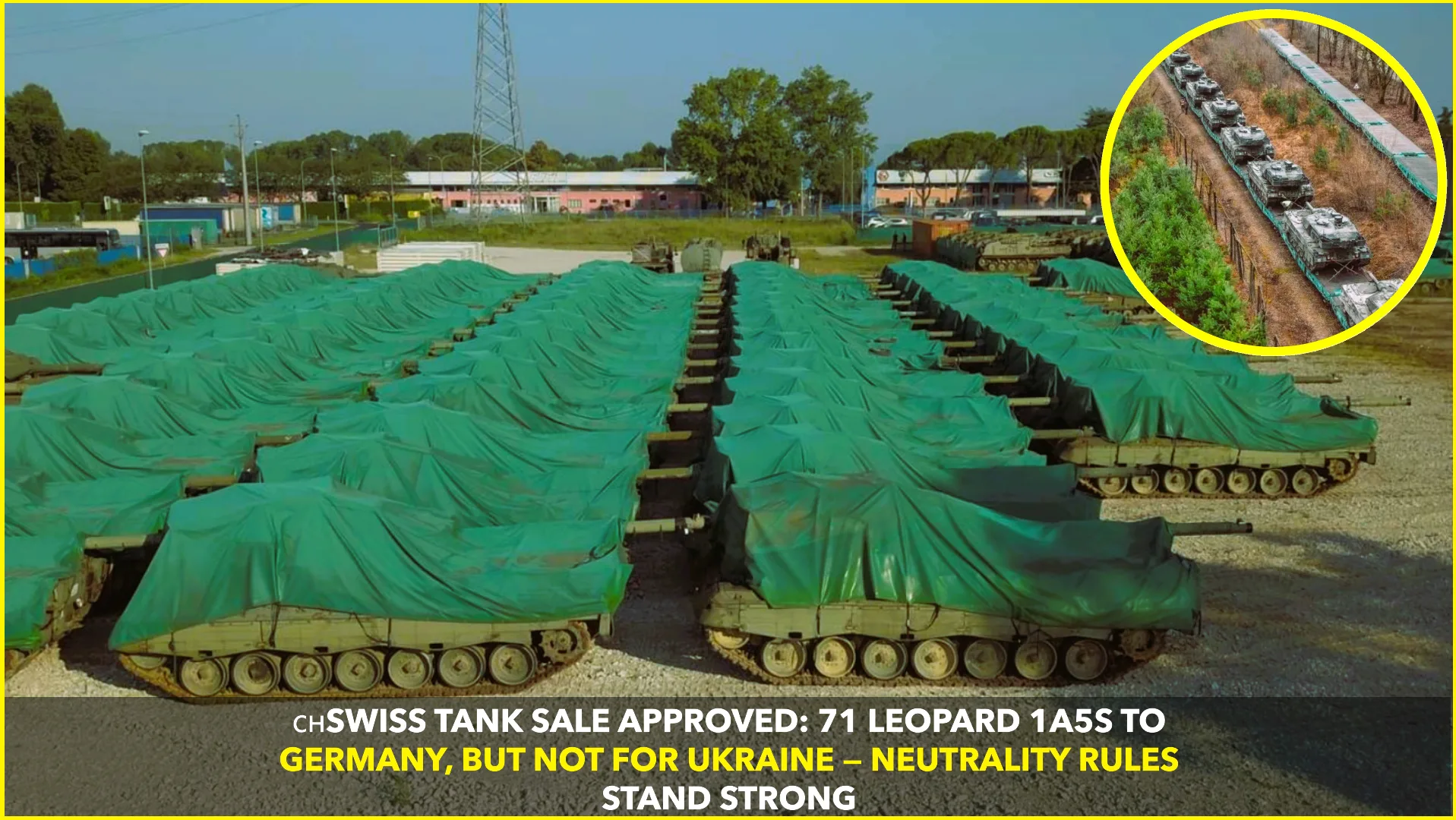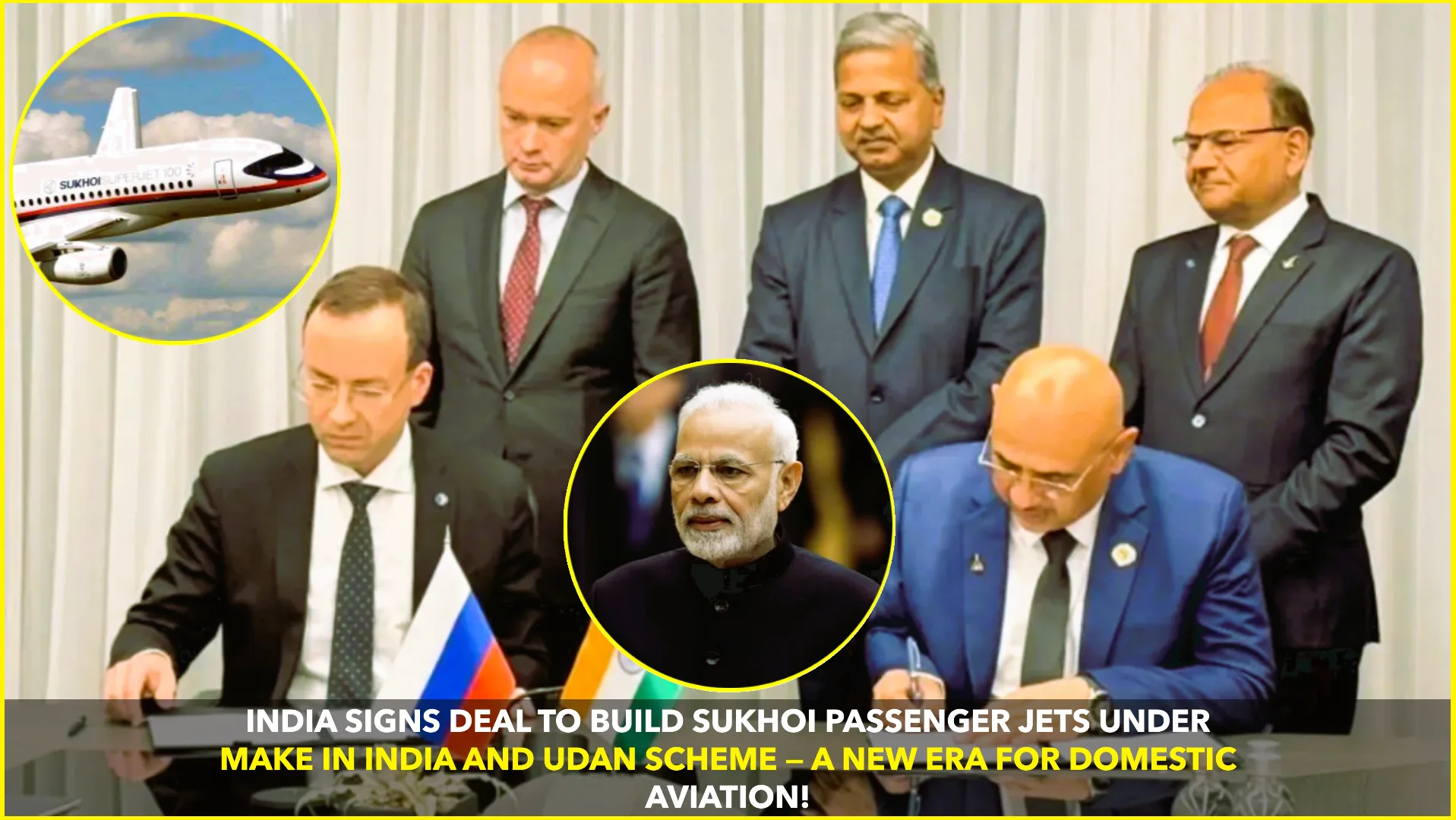In a significant policy reversal, Switzerland’s Federal Council on May 28, 2025, approved the sale of 71 Leopard 1A5 tanks to Germany, lifting a previous ban from 2023. The tanks, currently owned by Swiss arms firm Ruag MRO and stored in Italy, are part of a decades-old fleet originally acquired from Italy in 2016.
While the deal allows the transfer to proceed, it comes with strict conditions rooted in Switzerland’s long-standing policy of neutrality. Under the agreement, Germany is explicitly prohibited from re-exporting these tanks or their components to Ukraine or any active conflict zone. This restriction aligns with Swiss arms export laws that forbid the direct or indirect supply of military equipment to nations involved in ongoing wars.
“These conditions are non-negotiable and reinforce Switzerland’s neutrality and humanitarian commitments,” the Federal Council stated in its public notice. The sale was authorized under the War Materiel Act and includes safeguards to ensure compliance through end-user monitoring.
Despite being outdated by modern military standards, the Leopard 1A5 tanks could be refurbished for various non-combat roles. Defense analysts suggest Germany’s interest in the acquisition may be to support NATO partners indirectly assisting Ukraine, such as transferring newer tanks while retaining these older models for training or reserve duties.
Ruag MRO, the Swiss defense maintenance company that currently owns the tanks, welcomed the decision. “This sale allows for the appropriate use of legacy military assets while maintaining Switzerland’s legal and ethical standards,” said a company spokesperson.
However, the decision has sparked criticism both within Switzerland and from international observers. Human rights groups and some lawmakers argue that by preventing the tanks’ use in Ukraine, Switzerland is failing to support the country’s defense against Russian aggression. “Leopard 1 tanks are already in Ukraine. Blocking further indirect aid undermines European solidarity,” said a European security policy analyst.
The Leopard 1A5, first introduced in the 1980s, is a German-manufactured main battle tank that, while no longer front-line standard, is still considered useful for logistics training, static defense, and some combat operations with proper upgrades. Several Western countries have supplied these tanks to Ukraine in recent years as part of broader support packages.
Germany has not officially confirmed how it will use the acquired tanks but emphasized it would honor the restrictions imposed by Switzerland. A German defense ministry official noted, “We fully respect the Swiss neutrality framework and will use these assets accordingly within NATO and EU defense support structures.”
The sale underscores the ongoing balancing act faced by neutral countries like Switzerland amid increasing pressure from Western allies to aid Ukraine. Switzerland has resisted calls to supply weapons or allow re-export of Swiss-made arms for use in the war, instead focusing on humanitarian support.
As the Russia-Ukraine conflict drags on into its third year, arms sales like these—though legally constrained—highlight the complex web of international laws, alliances, and strategic maneuvering involved in modern warfare logistics.
Sources:
- Swissinfo.ch
- Federal Council of Switzerland official statement (admin.ch)
- Defense News Europe
- Reuters










